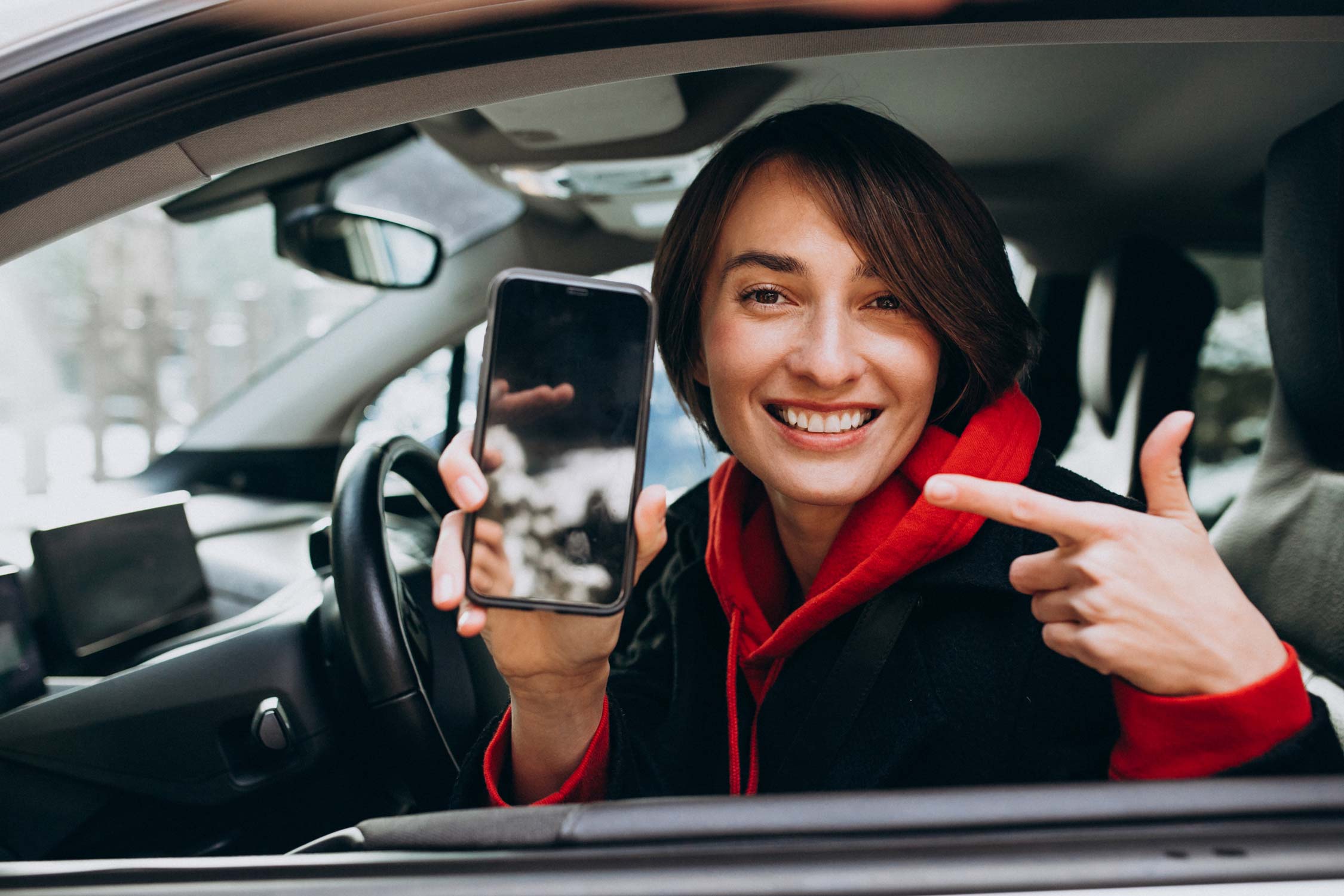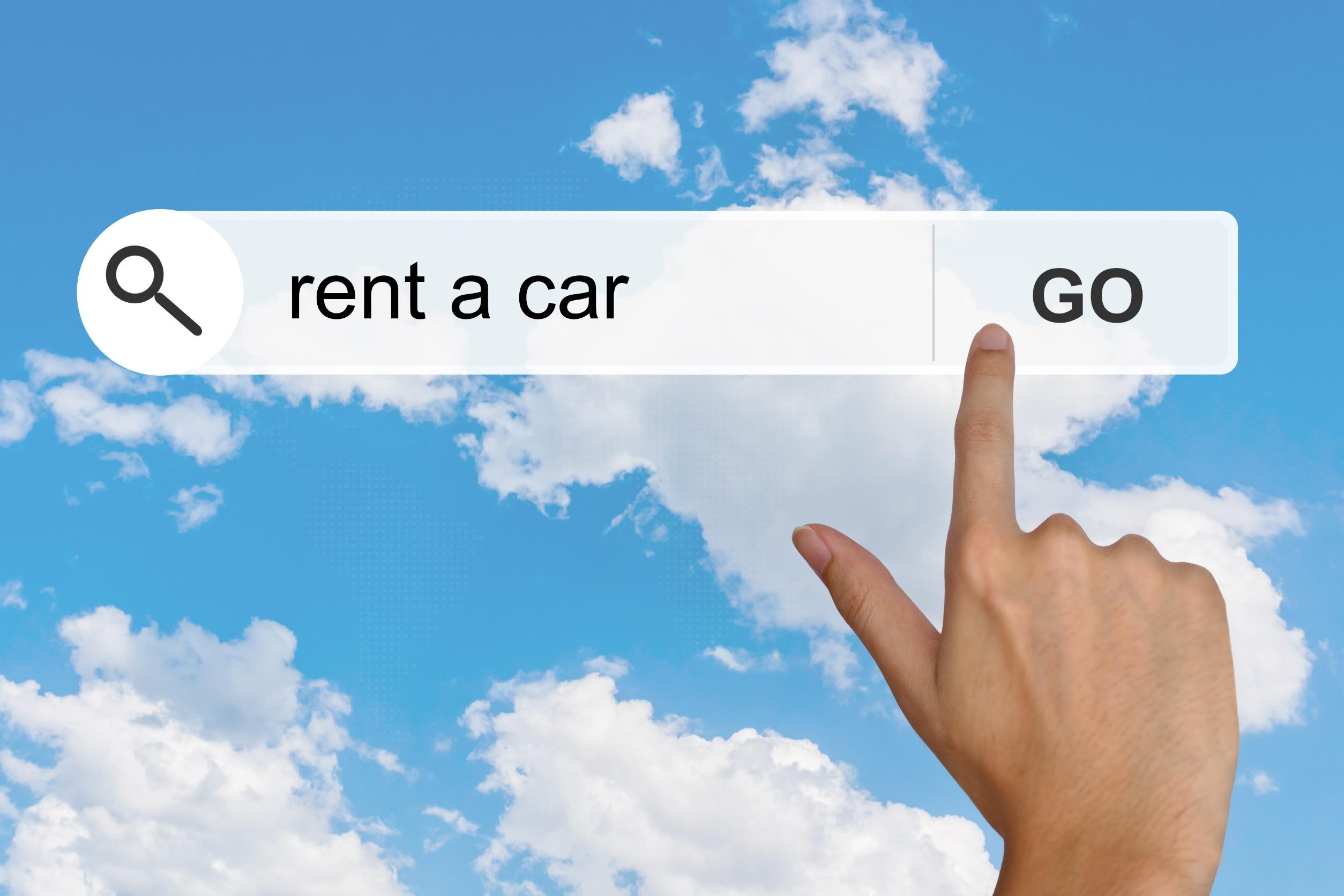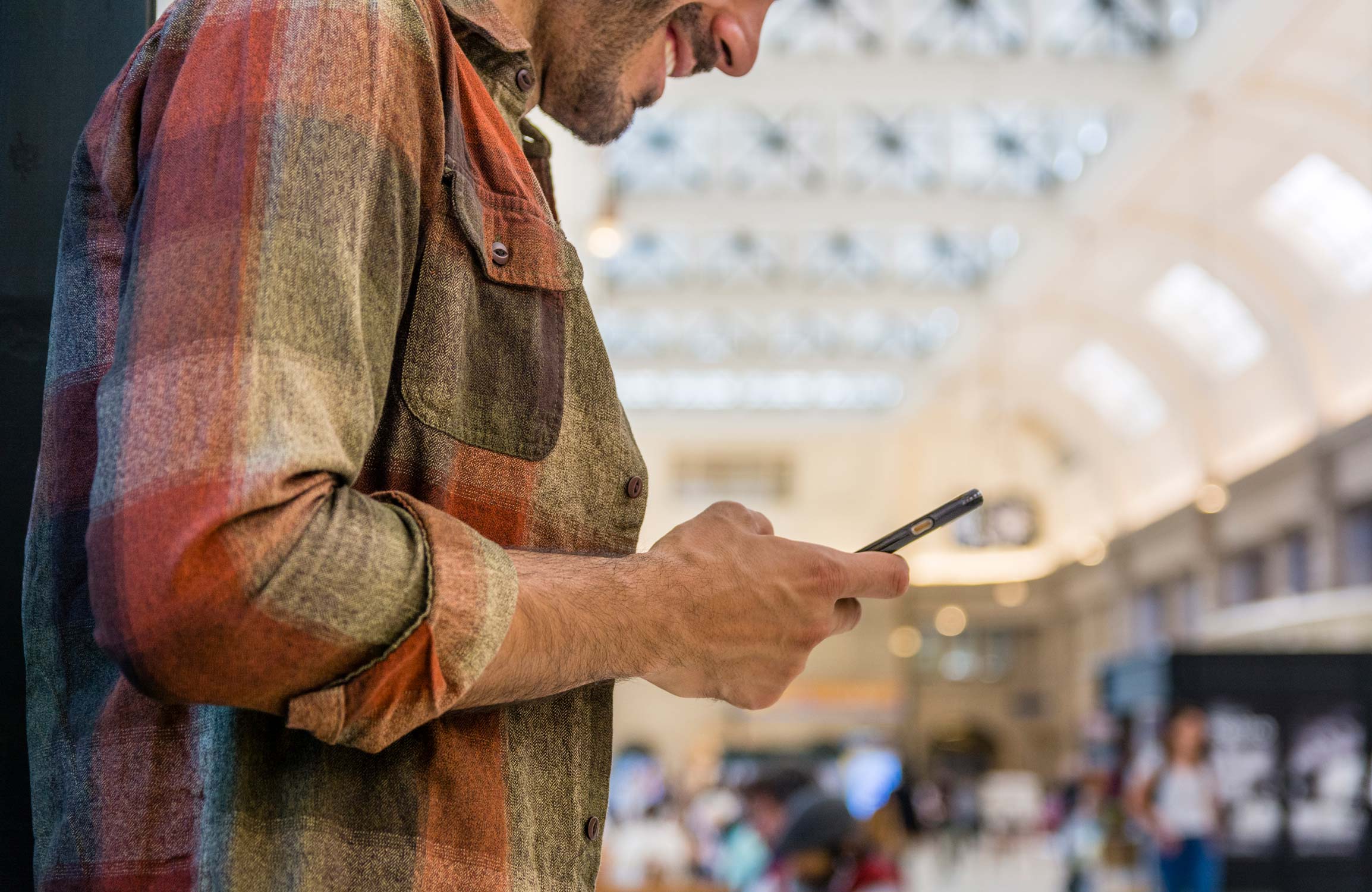
Enhance Your Vacation Rental Experience with a Personalized Welcome Package
Providing a personalized welcome package at your vacation rental can significantly enhance your guests’ experience,

Providing a personalized welcome package at your vacation rental can significantly enhance your guests’ experience,

In the ever-evolving tourism industry, vacation rentals, apartments, and other non-hotel accommodations are gaining popularity

Traveling is a thrilling adventure that allows us to explore new cultures, savor diverse cuisines,

In the fast-evolving world of car rentals, the push for better customer experiences and optimized

In the fast-paced world of car rental companies, staying ahead of the competition is crucial.

In today’s digital age, connectivity has become an essential aspect of our lives, and this

In today’s fast-paced world, travel has become more than just hopping on a plane to

Travel service operators have to understand the pivotal role they play in shaping the experiences

In the evolving urban mobility landscape, ride-sharing services have emerged as significant players, reshaping the

In an era where change is the only constant, the car rental industry is undergoing

Providing a personalized welcome package at your vacation rental can significantly enhance your guests’ experience,

In the ever-evolving tourism industry, vacation rentals, apartments, and other non-hotel accommodations are gaining popularity

Traveling is a thrilling adventure that allows us to explore new cultures, savor diverse cuisines,

In the fast-evolving world of car rentals, the push for better customer experiences and optimized

In the fast-paced world of car rental companies, staying ahead of the competition is crucial.

In today’s digital age, connectivity has become an essential aspect of our lives, and this

In today’s fast-paced world, travel has become more than just hopping on a plane to

Travel service operators have to understand the pivotal role they play in shaping the experiences

In the evolving urban mobility landscape, ride-sharing services have emerged as significant players, reshaping the

In an era where change is the only constant, the car rental industry is undergoing
Manet Mobile Solutions Srl
Via Edoardo d'Onofrio, 67 -
00155 Roma
VAT number 13464271009
manet@pec.manetmobile.com